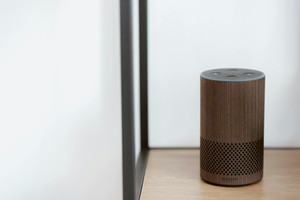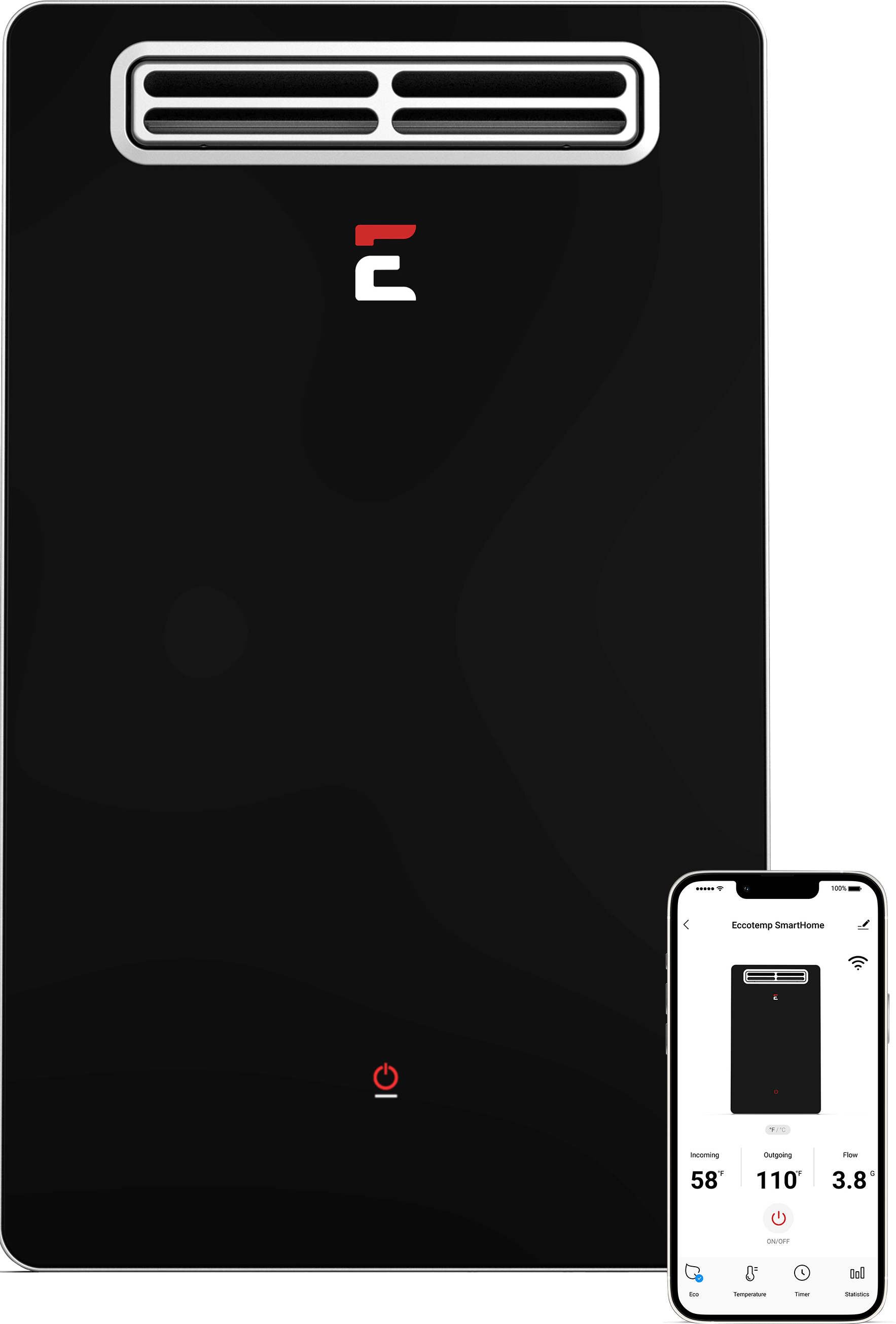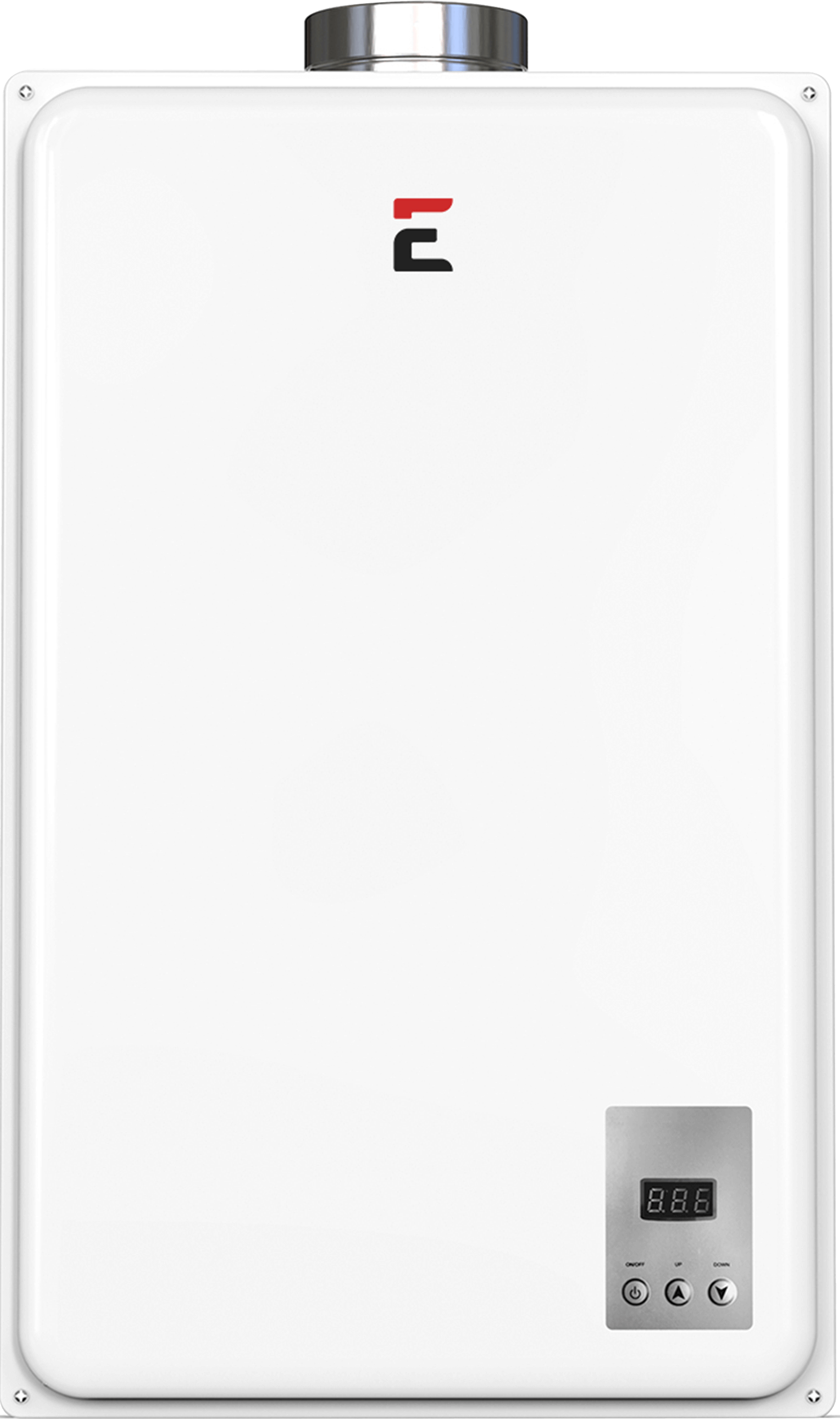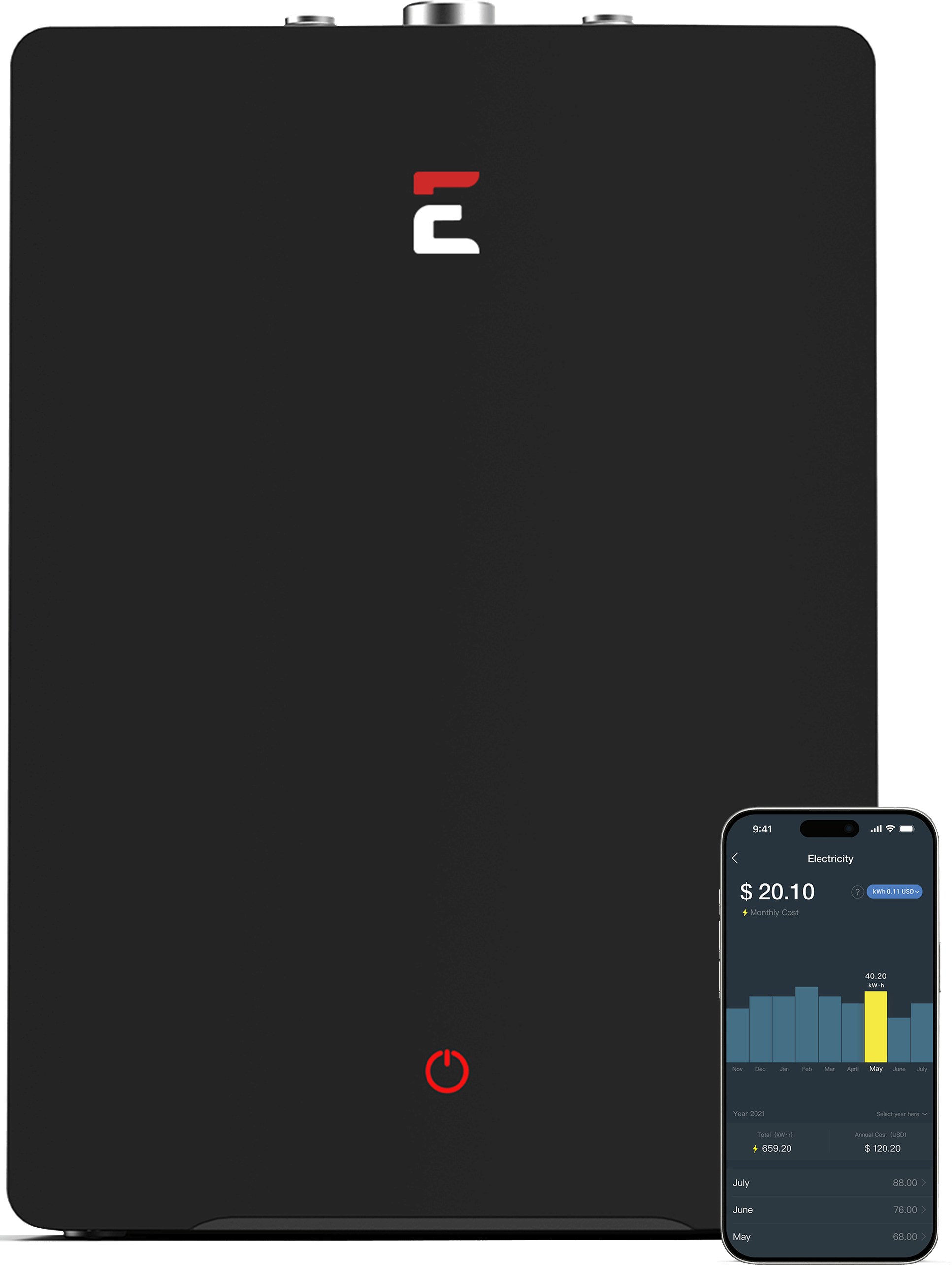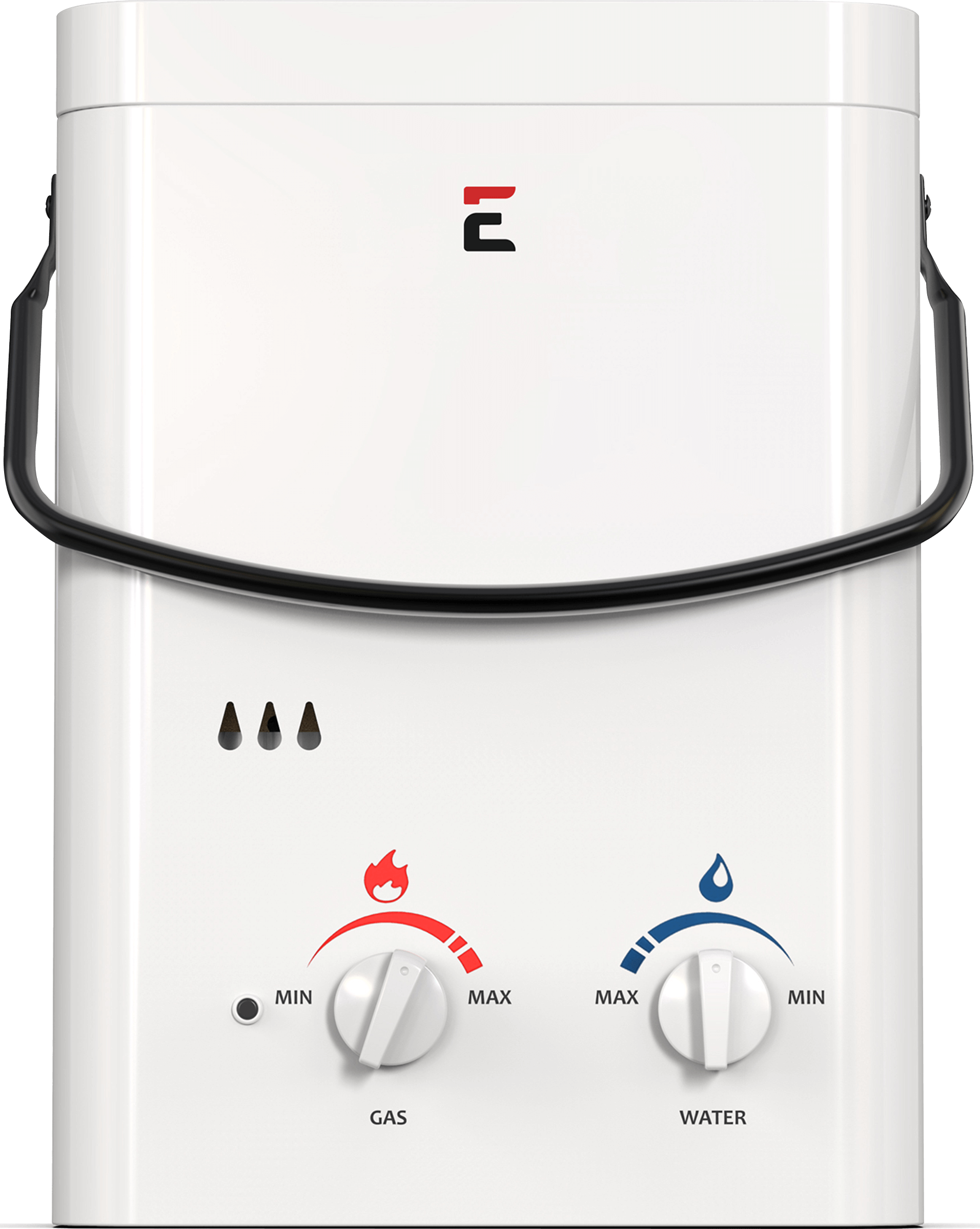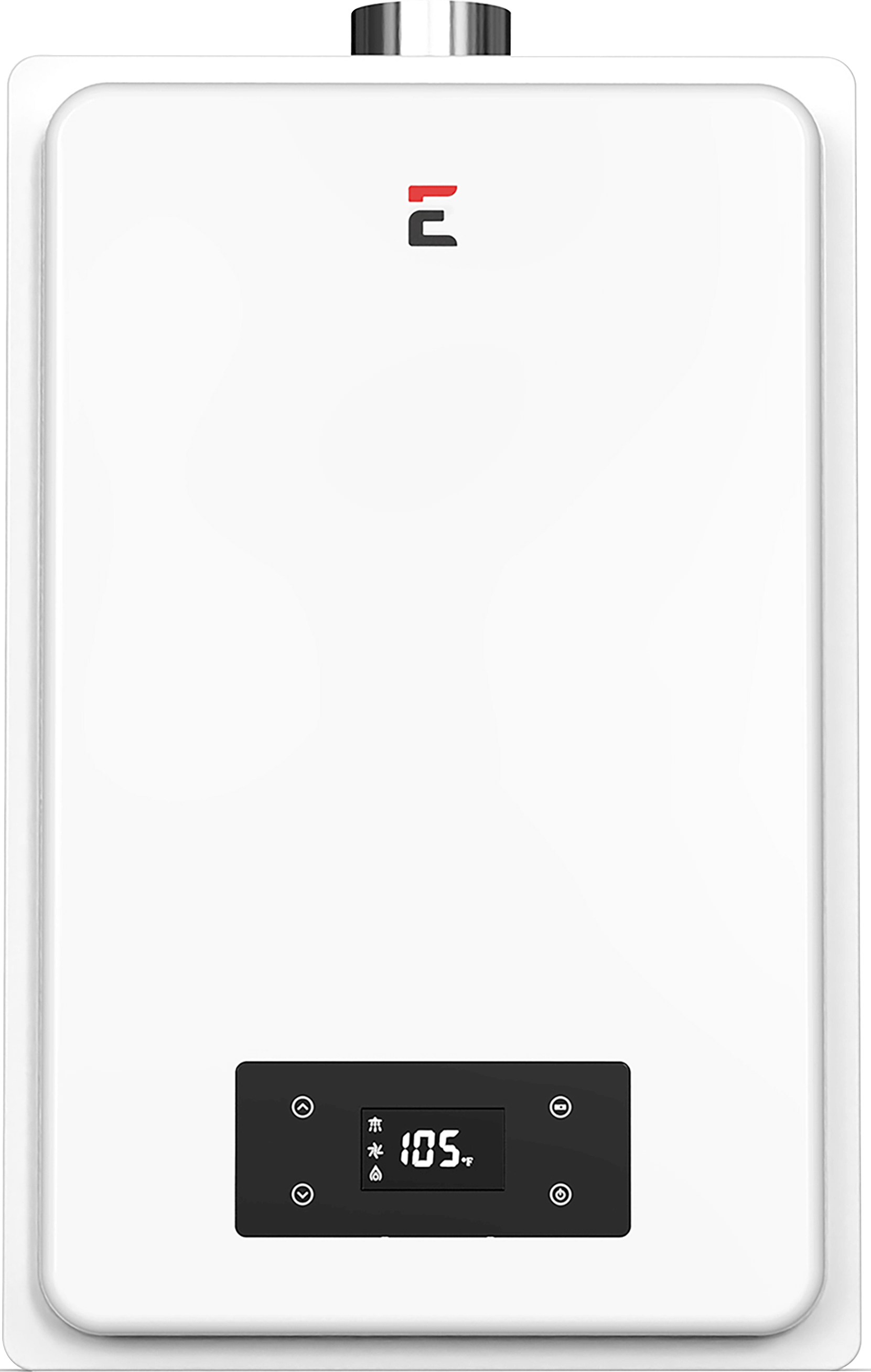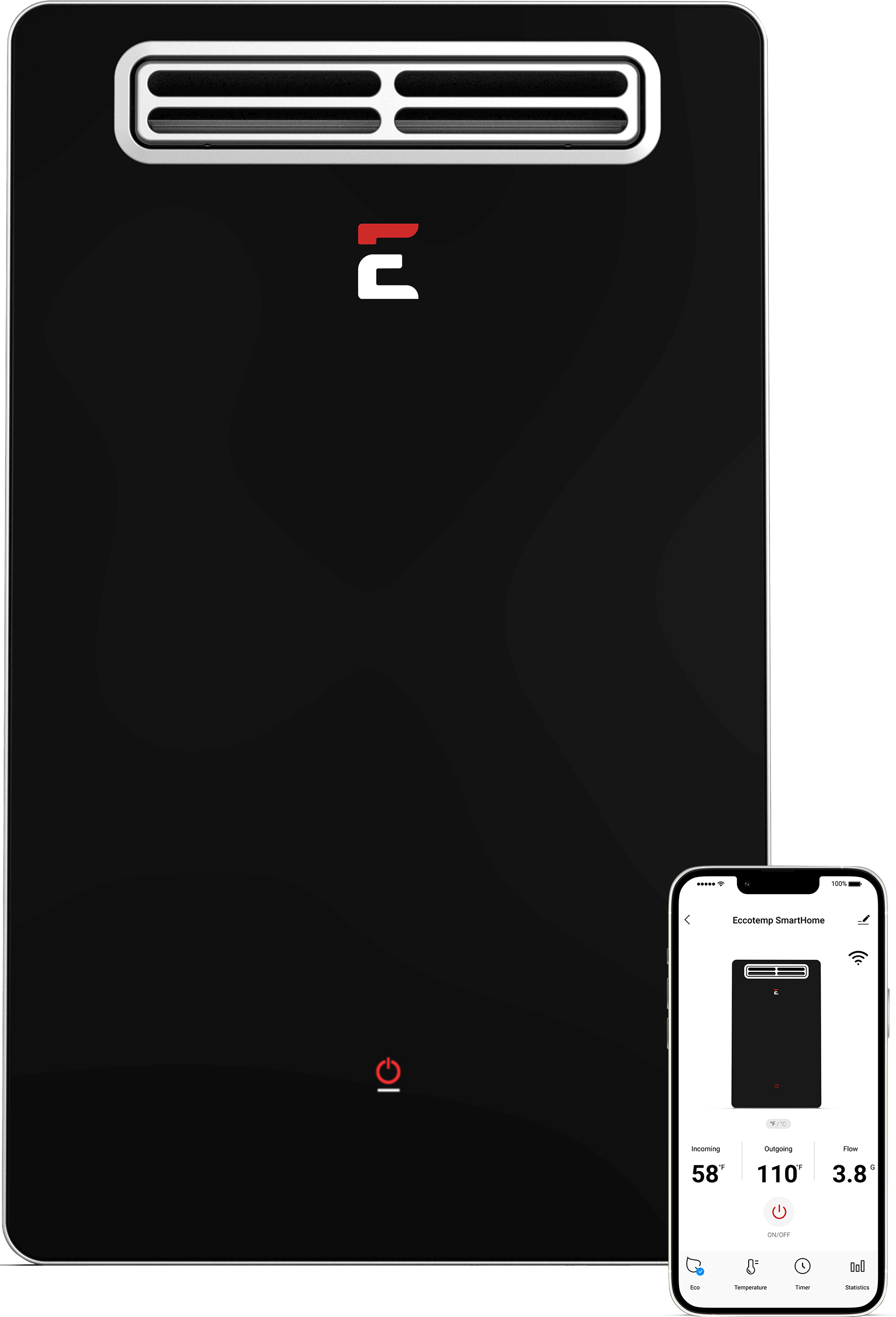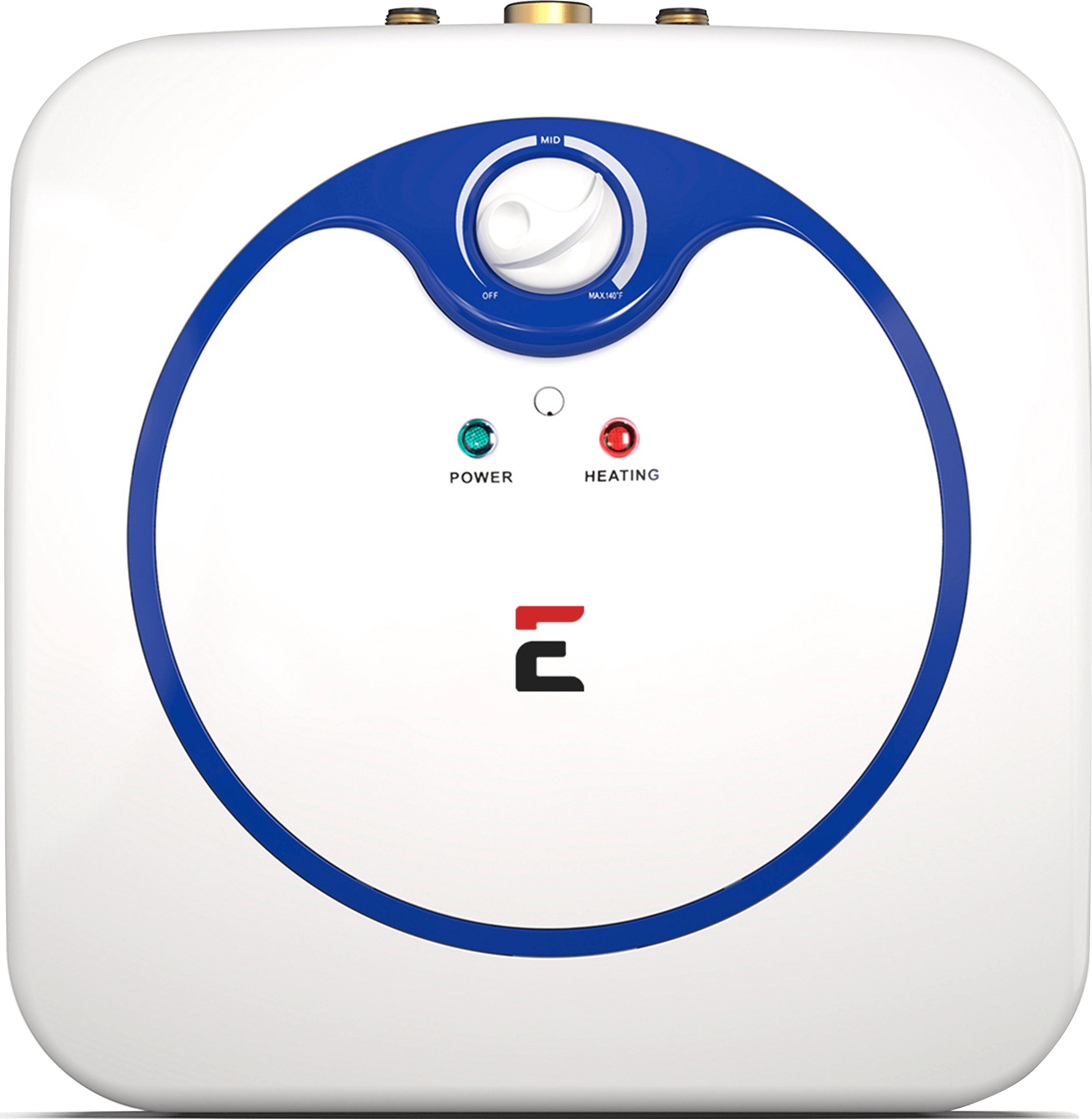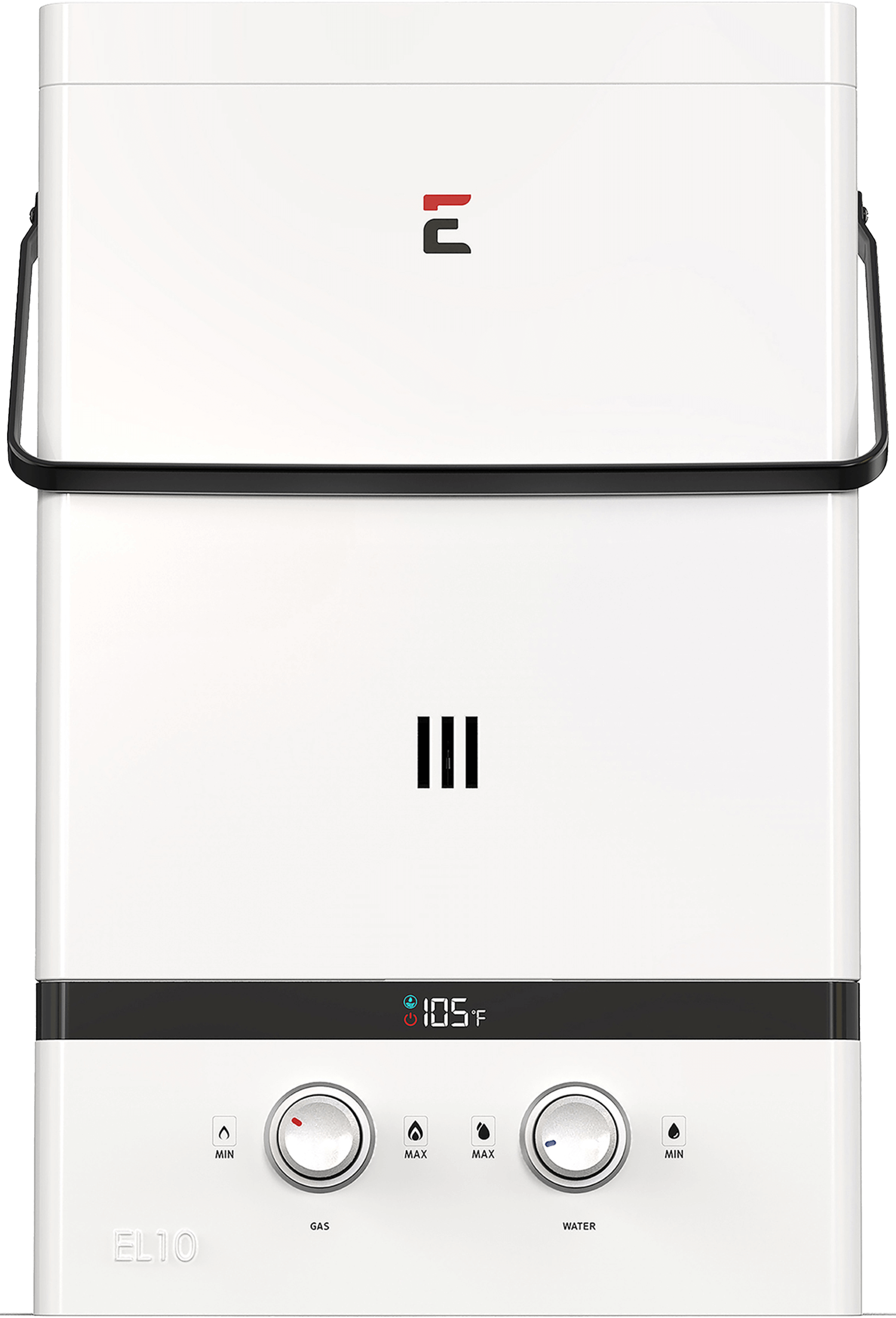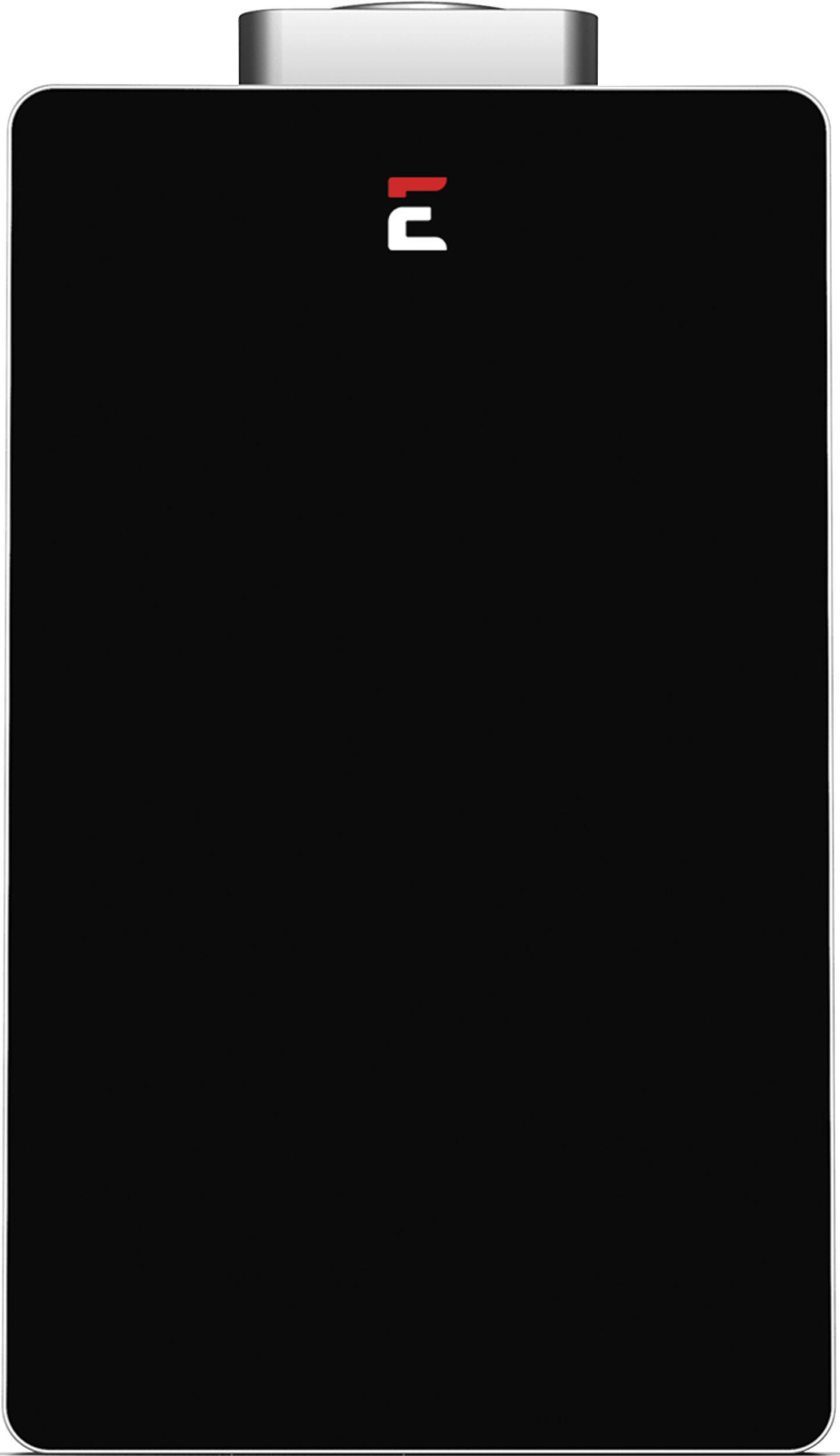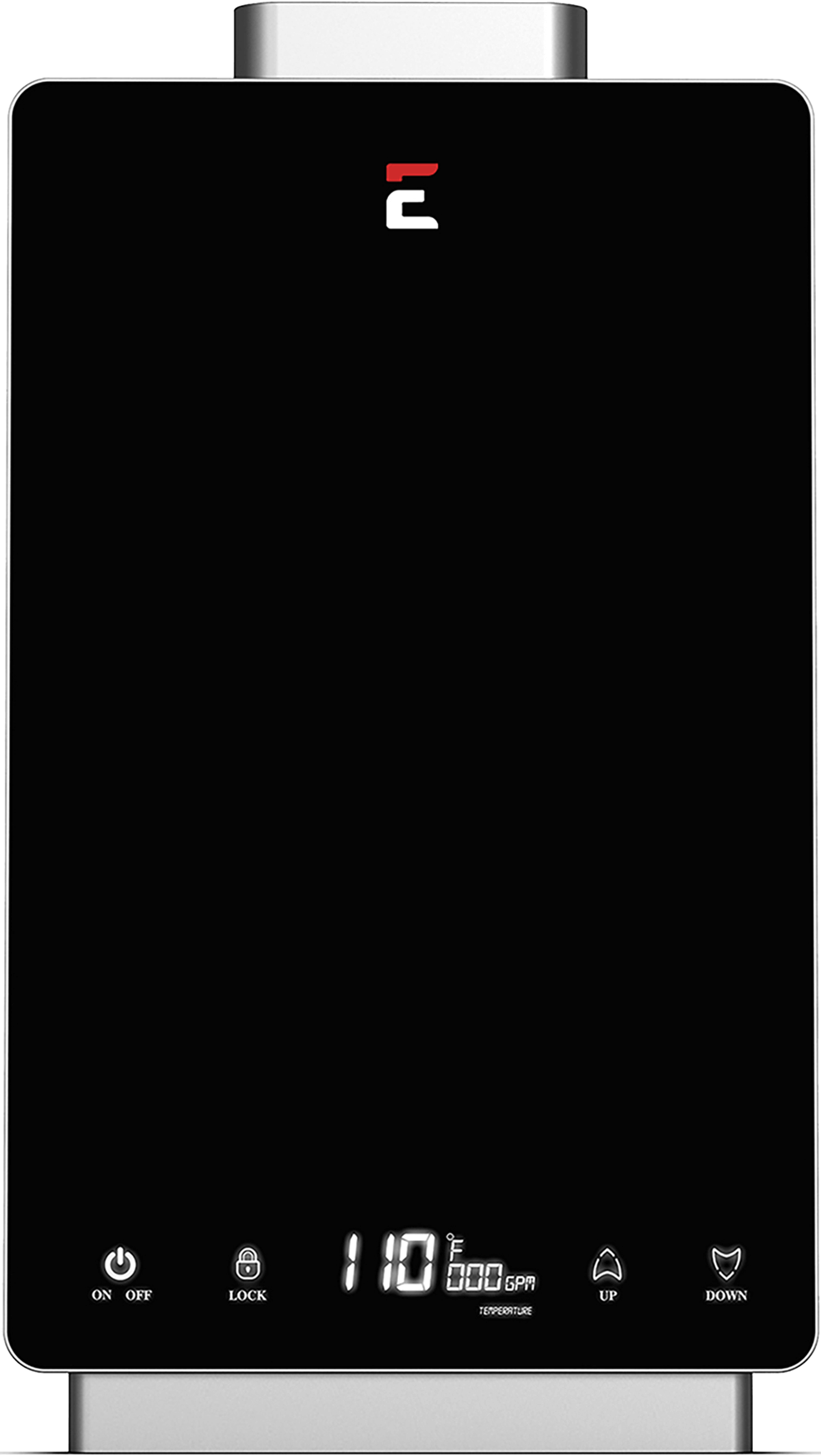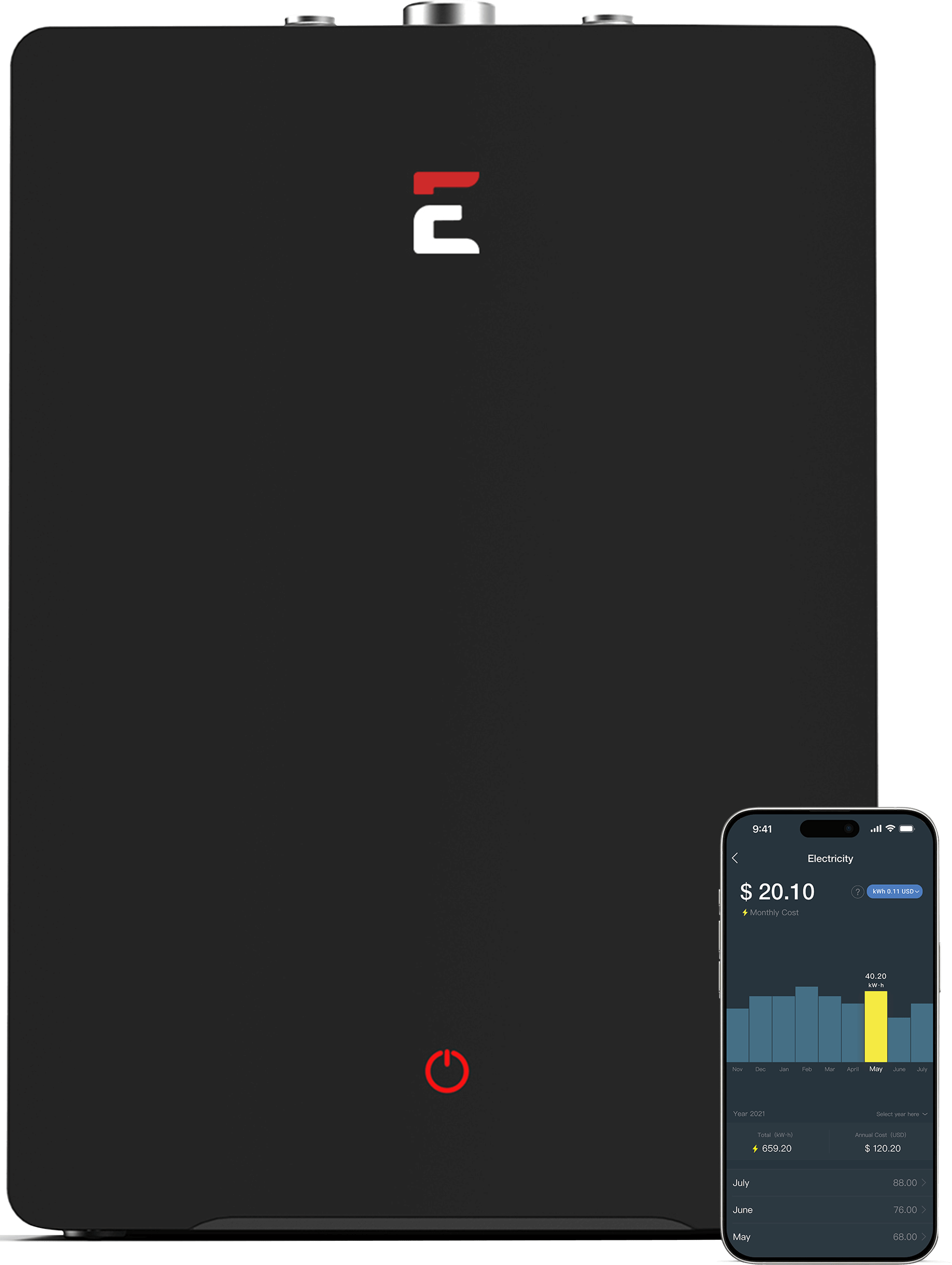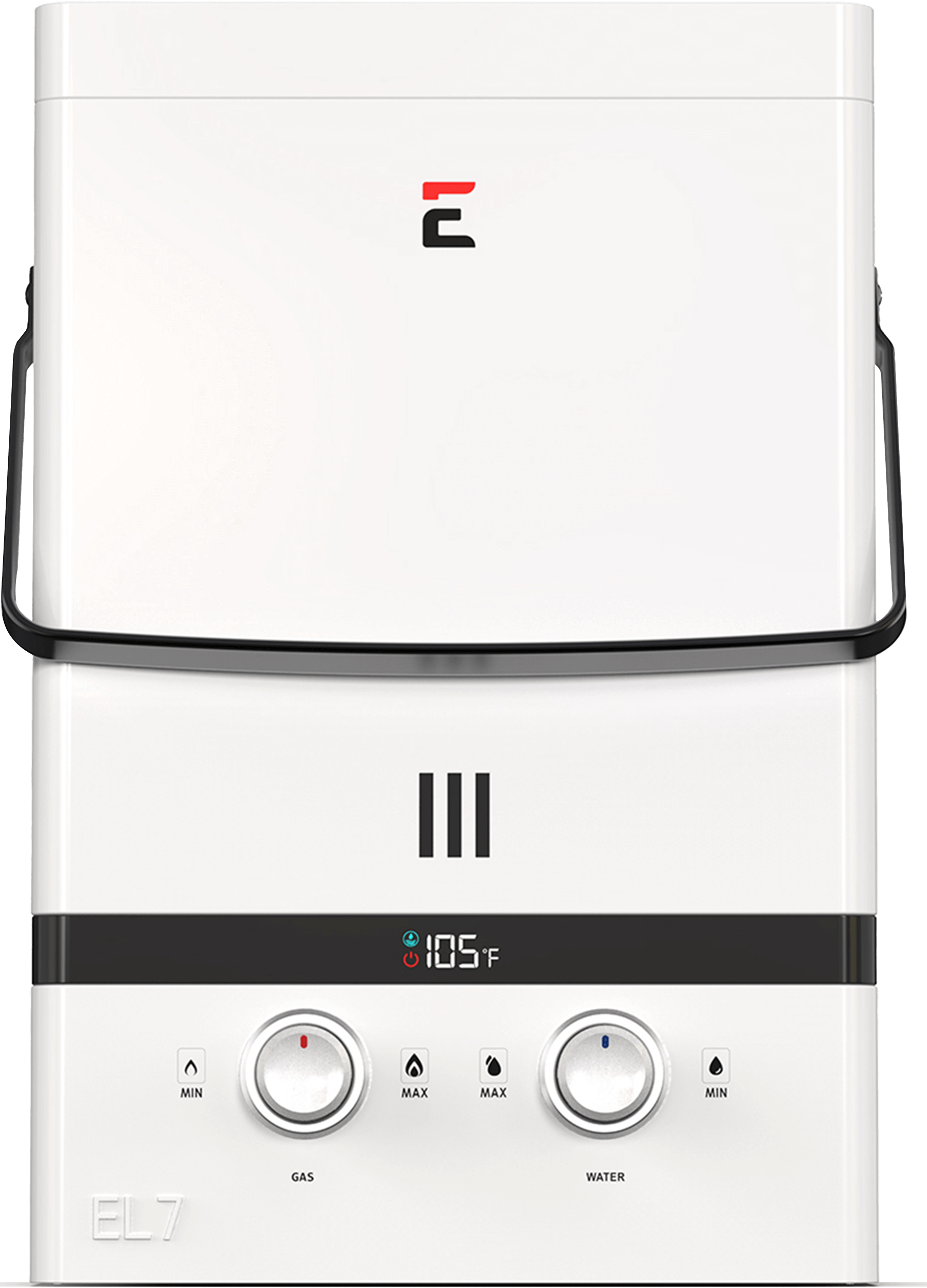How To Determine Which Water Heater Best For You
There are several considerations to keep in mind, when deciding which water heater would work best for your applications-gas or electric? whole-house or point of use First, you would want to focus on the capacity of your water heater. To determine the size of the gas or electric hot water heater you need, you’ll need to calculate how much hot water you’ll need at one time, which is called the flow rate. Flow rate is measured in gallons per minute or "GPM".
For example a bathroom sink faucet typically has a flow rate of 0.5 to 1.5 GPM. A low-flow kitchen sink faucet would normally have 3.0 to 7.0 GPM. An average shower would yield 1.0 to 2.0 GPM. Larger appliances, such as a dish washer, would usually have 1.0 to 2.5 GPM, whereas a clothes washer would have 1.5 to 3.0 GPM.
To determine the GPM you need, add the GPMs of the major fixtures or appliances you expect to be using simultaneously. For example, if you typically run the kitchen faucet (1.5 GPM) and the dishwasher (2.5 GPM) at the same time, you’ll need to heat 4.0 GPMs of water.
Tankless water heaters are available as whole house systems as well, heating water as needed. Whole house systems can provide hot water to more than one fixture at a time. These type of units would suitable for your standard 3 bedroom, 2 bathroom homes, where you would likely be using more than one faucet simultaneously.
Point Of Use water heaters are individual units that install directly under the sink or in a closet. These systems deliver instant hot water to one specific location. Point of use systems typically augment a whole house system when instant or additional hot water is needed.
Most tankless water heaters are fueled by gas or electricity. Gas water heaters may need to be vented outdoors for safety, unless it is an outdoor unit that does not need venting, and if ran off of batteries, would not be affected by power outages. On the other hand, electric water heaters are easier to maintain, and does not require any combustibles or ventilation.
Whichever fuel source you use, a water heater can be the third largest energy user in your home, so you’ll want a unit that offers energy and cost savings. Fortunately, tankless and point of use water heaters offer increased efficiencies to meet increasingly strict federal energy standards
 Weekly Deals
Weekly Deals
 Water Heaters
Water Heaters
 Accessories
Accessories
 Installation
Installation
 Parts
Parts
 Protection Plans
Protection Plans
 Final Sale
Final Sale






